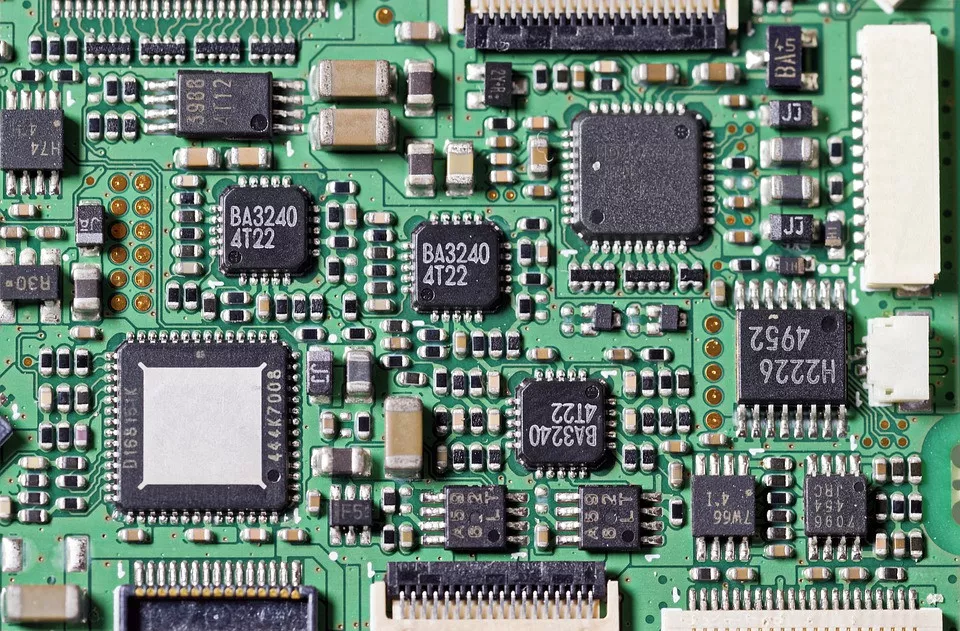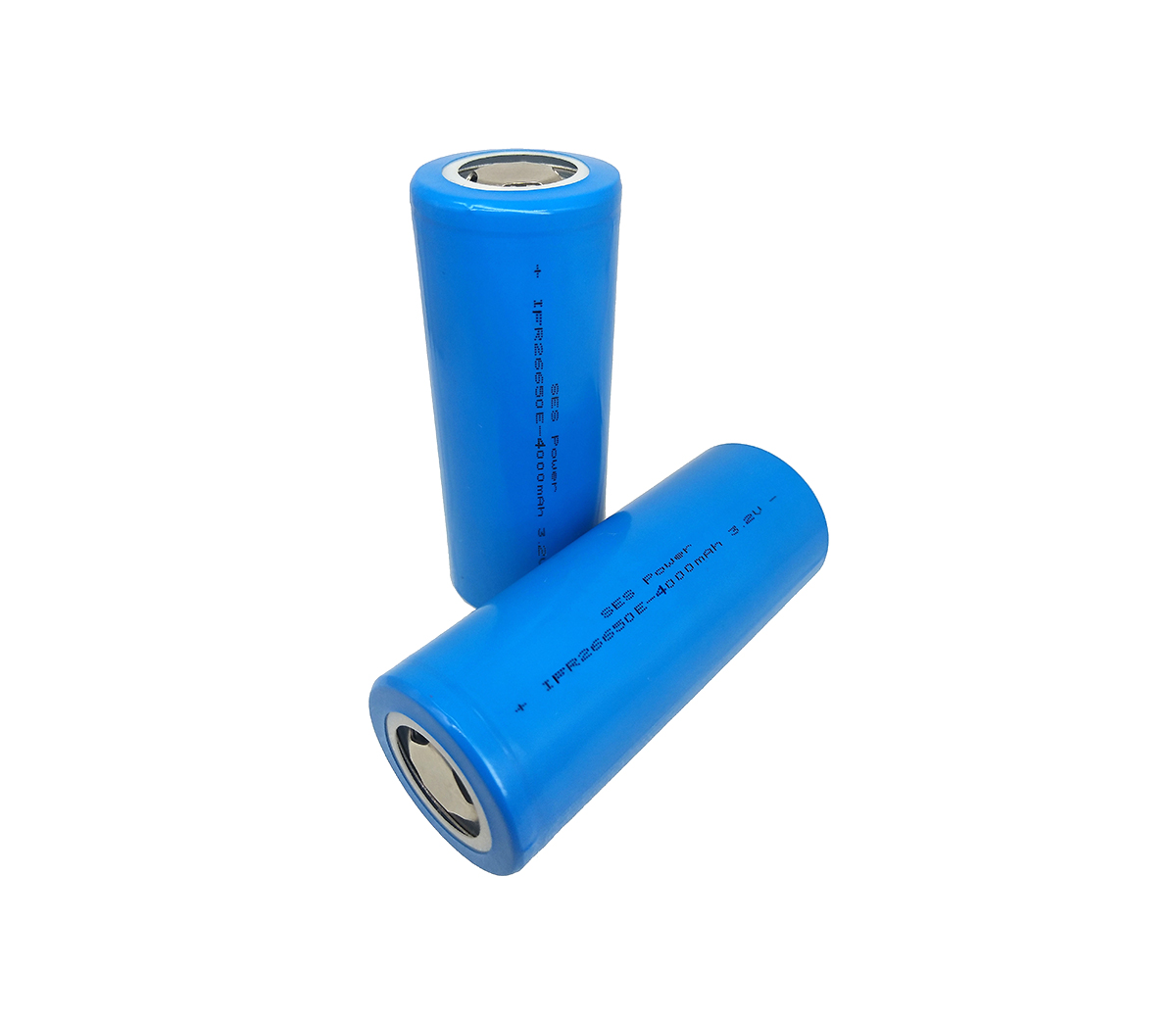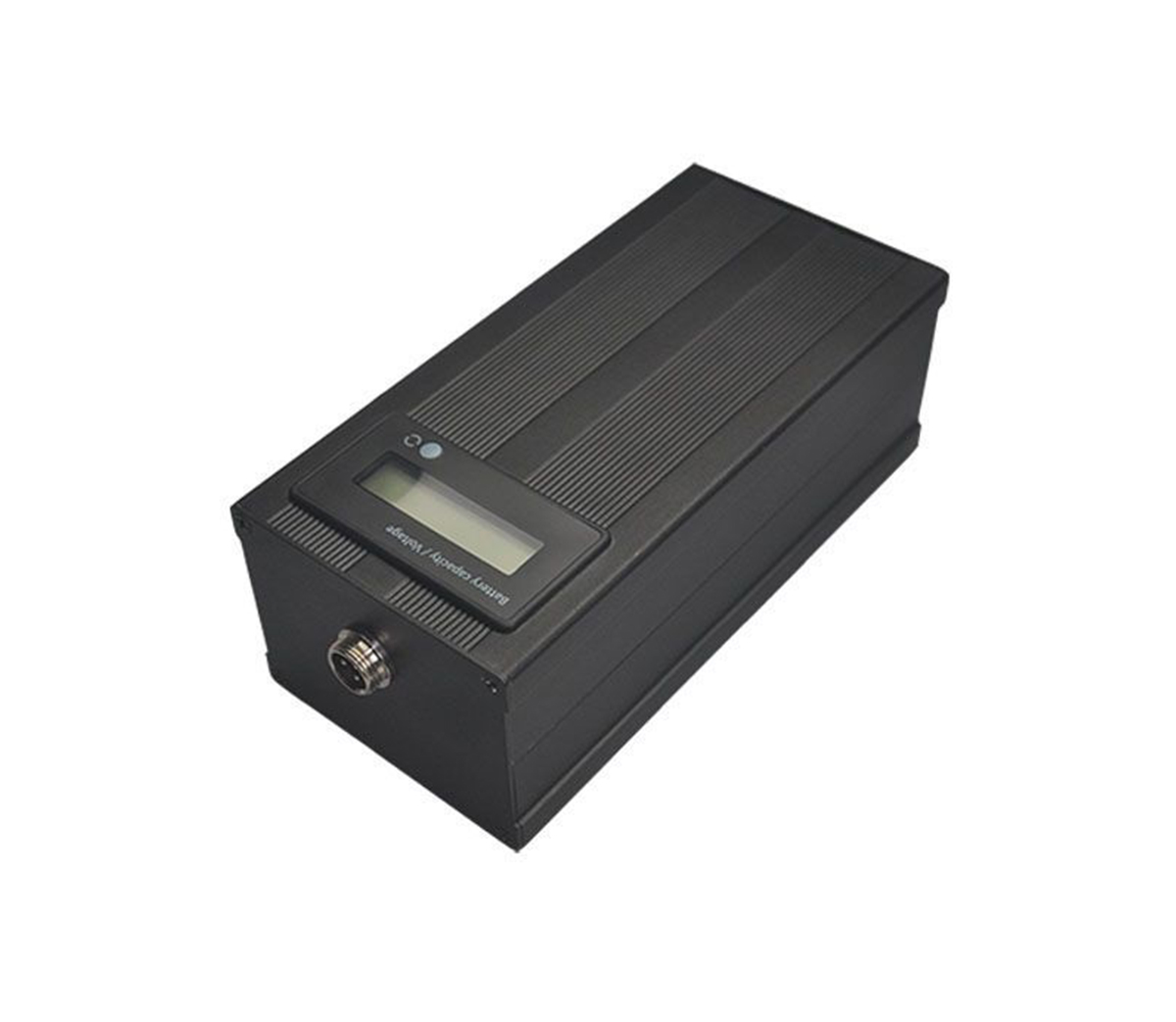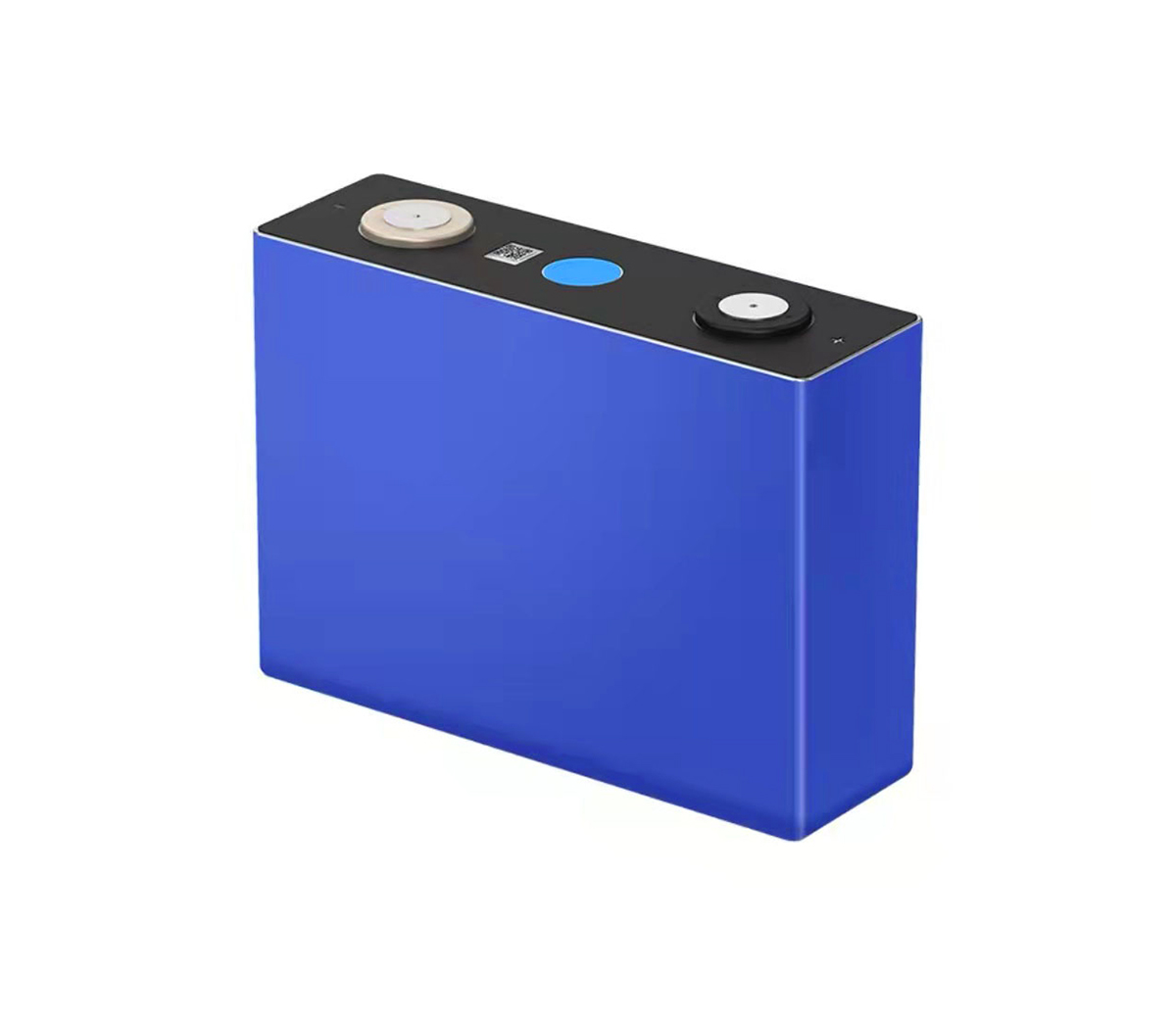What exactly do EMI, EMS, EMC mean? Is there a demand for lithium
batteries?
The electromagnetic radiation problem of electronic products has attracted
more and more attention. I believe that most of them are familiar with the term
EMC (electromagnetic compatibility). However, similar professional terms such as
EMI and EMS often appear in front of everyone. They seem They are all related to
radiation protection (electromagnetic radiation). So, what are the similarities
and differences between them?

EMI (Electro Magnetic Interference) refers to the phenomenon that
electronic equipment (interference source) interferes with other electronic
equipment through electromagnetic waves. For example, when we are watching TV,
there will be snow noise on the TV screen when someone is using household
appliances such as a hair dryer.
What's more serious is that if electromagnetic interference signals hinder
the medical electronic equipment that is monitoring the condition or the
aircraft that is flying, it will cause unimaginable consequences. Judging from
these examples, it is as if electronic devices have an invisible "attack power"
that disrupts and destroys the normal operation of other electronic devices.
From the perspective of "attack", there are two main types: conducted
interference and radiated interference. Conducted interference refers to the
interference source coupling (interference) the signal on its own electrical
network to another electrical network through a conductive medium (such as
wires). The most common example is that the power supply in our computer will
affect the electricity network at home. When the computer is turned on, the
lights in the home may be dimmed. This is more obvious on computers with
inferior-brand power supplies.
Radiation interference is often referred to as electromagnetic radiation
for short. It refers to the interference source coupling (interference) the
signal on its own electrical network to another electrical network through
space. Excessive electromagnetic radiation can cause impact and damage to the
human body. The "radiation" that people often worry about refers to this part of
electromagnetic radiation interference.
EMS (Electro Magnetic Susceptibility) refers to the ease with which
electronic equipment is exposed to electromagnetic energy from the outside,
causing its own performance to decline. For example, it is also interfered by a
hair dryer or an electric shaver. Snow noise appears on the screen of some TV
sets, but some TV sets are safe and sound. This shows that in the case of being
"attacked" by electromagnetic interference, the former's "defensive power" is
lower; while the latter's "defensive power" is higher.
EMC (Electro Magnetic Compatibility) refers to the ability of the
electromagnetic energy generated by electronic equipment to neither interfere
with other electronic equipment, nor to interfere with the electromagnetic
energy of other electronic equipment. Therefore, EMC includes the requirements
of EMI and EMS: on the one hand, the electromagnetic interference generated by
electronic equipment in the environment in the normal operation process cannot
exceed a certain limit, that is, EMI; on the other hand, the electronic
equipment is required to the electromagnetic interference that exists has a
certain degree of anti-interference ability, namely EMS.
Specifically, when conducting EMC tests on electronic equipment, the
relevant standards stipulate the maximum value of EMI and the minimum value of
EMS, just like limiting the "attack power" to a lower level and requiring the
"defense power" to be at a higher level.
So how to choose qualified products? In fact, the regulations have already
prepared for us. Since 1996, the European Community has made regulations on its
unified market: any electrical and electronic equipment without the "CE"
certification mark shall not enter the European Community market.
Although lithium batteries do not have EMI requirements, they are usually
used with electronic products such as PCM and BMS. Engineers must take this into
consideration when designing.

Lithium-ion battery (LIB) has become the main energy storage solution in
modern social life. Among them, lithium iron phosphate batteries are a perfect
replacement for lead-acid batteries, and they are the first choice for
grid-connected peak shaving, off-grid energy storage, photovoltaic energy
storage, UPS, data center and other industries.




































